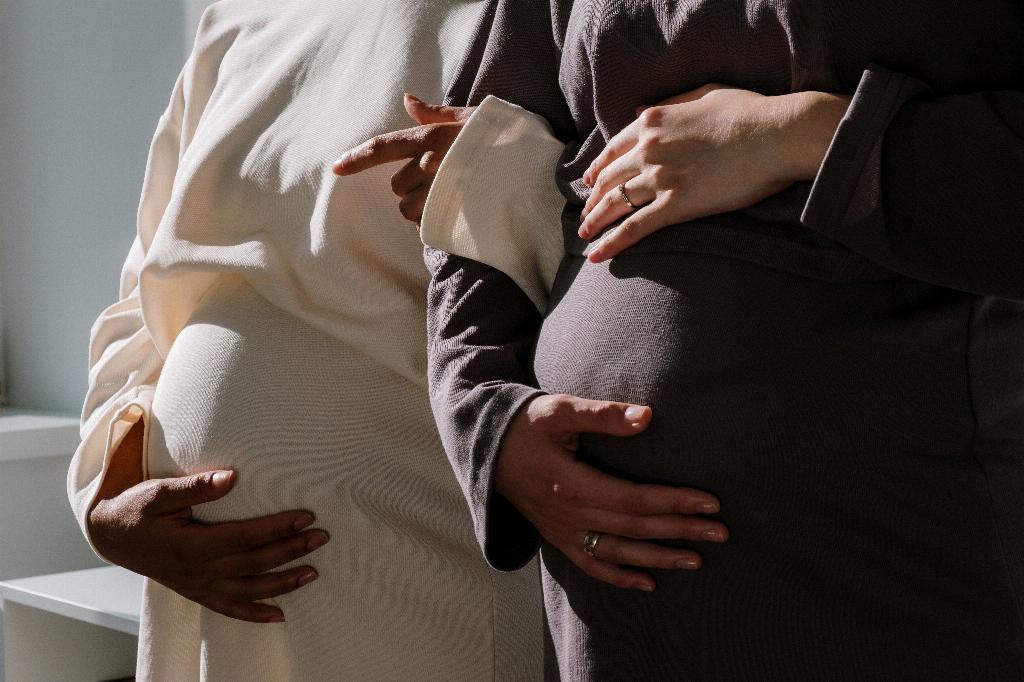Pregnancy is a beautiful journey that comes with its fair share of challenges and considerations. One common question many expectant mothers have is about the safety of taking hot showers during pregnancy. Hot showers can be incredibly relaxing, but it is essential to be mindful of how they may affect your body, particularly when you’re pregnant.
The Importance of Body Temperature Regulation
It is crucial to maintain a stable body temperature during pregnancy, as significant increases can potentially harm both you and your developing baby. While a warm shower can be soothing, hot water can raise your body temperature to levels that may pose risks. The general recommendation is to avoid extended exposure to hot water that raises your body temperature above 102.2 degrees Fahrenheit (39 degrees Celsius).
Potential Risks of Prolonged Exposure to Hot Water
Excessive heat during pregnancy can lead to issues such as dehydration, low blood pressure, and in severe cases, heat stress. Prolonged exposure to elevated temperatures can also increase the risk of neural tube defects in the baby during the first trimester. Therefore, it’s essential to be cautious when it comes to hot showers and baths.
Guidelines for Taking Hot Showers Safely
While there are no strict limits on the duration of hot showers during pregnancy, it is advisable to keep it short and moderate. Limit your time in hot water to no more than 10 minutes at a time to prevent your body temperature from rising too high. Additionally, ensure that the temperature of the water is not scalding hot, but rather comfortably warm.
Listening to Your Body’s Signals
As every pregnancy is unique, it’s crucial to pay attention to how your body responds to hot showers. If you start feeling lightheaded, dizzy, or overly warm, it’s a sign that the water may be too hot, and it’s time to step out. Your body will often give you warning signs when it’s had enough heat.
Hydration Is Key
Staying hydrated is essential during pregnancy, especially when you’re exposing yourself to heat. Make sure to drink plenty of water before and after a hot shower to prevent dehydration. Dehydration can lead to a drop in blood pressure, which may cause fainting or other complications.
Alternatives to Hot Showers
If you’re concerned about the potential risks of hot showers during pregnancy, consider opting for lukewarm showers instead. Lukewarm water can still be soothing and relaxing without elevating your body temperature significantly. You can also try taking shorter showers to reduce heat exposure.
Consulting with Your Healthcare Provider
Every pregnancy is different, and what works for one expectant mother may not be suitable for another. If you have concerns about hot showers or baths during pregnancy, don’t hesitate to discuss them with your healthcare provider. They can provide personalized guidance based on your individual circumstances.
Benefits of Relaxation and Self-Care
While it’s essential to be cautious about hot showers during pregnancy, it’s also important to prioritize relaxation and self-care. Pregnancy can be stressful, and taking a warm shower can be a comforting way to unwind and ease muscle tension. Just remember to do so safely and mindfully.
Conclusion: Balancing Comfort and Caution
In conclusion, pregnant women can enjoy hot showers in moderation, keeping the water temperature at a comfortable level and the duration limited to around 10 minutes. By listening to your body, staying hydrated, and being mindful of potential risks, you can strike a balance between indulging in a relaxing shower and ensuring the safety of both you and your baby during pregnancy.

